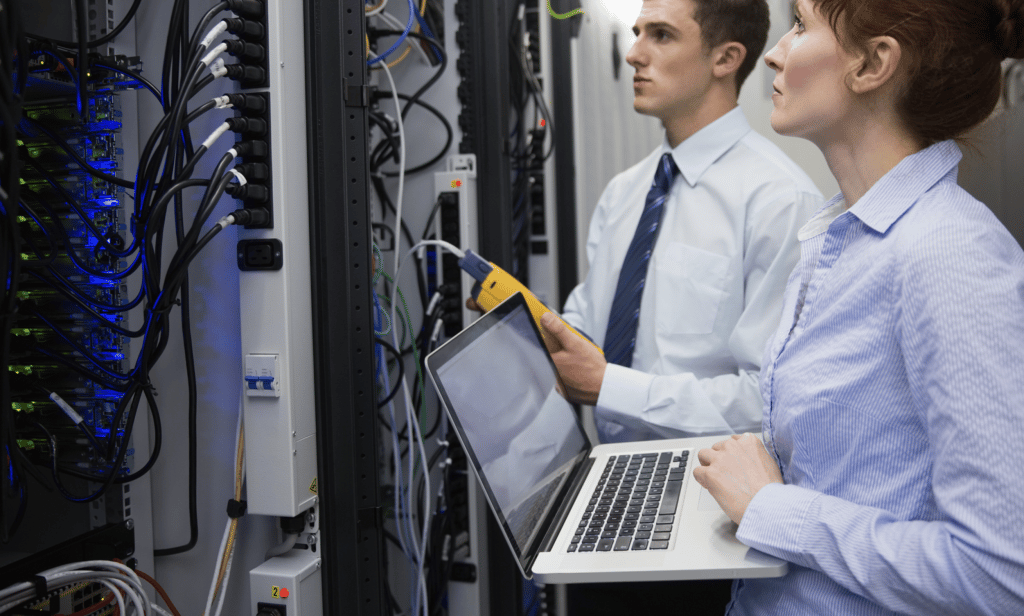Powerful servers undoubtedly mean better overall performance for your website or web application. In most instances the amount of available resources to you is not the only thing that you should be looking out for. Hardware type also plays a vital, crucial and irreplaceable role when it comes to hosting providers and having a top-notch server means having the best possible components. But what exactly do you need to be watchful of and what do you need to take into consideration when making the final choice of which hosting server you should get? The following is a number of different hardware elements, components and additional extras that can be used as a signal to know that your hosting provider does implement modern technologies when it comes to their servers.
The processor – heart of the server
The CPU is probably the most integral part of any system. Due to the immense amount of information that it needs to process alongside all of the different instructions that it needs to execute constantly, it is crucial to search for a provider whose servers use high-quality, durable and reliable processors. AMD’s EPYC series are a very good option when it comes to servers due to their characteristics and qualities. Additionally, they come in a variety of models and are quite powerful, making them quite useful when used for smaller and larger server instances. Due to the fact that they are quite powerful and recently introduced, there are some providers that have not yet made the switch. VPSBG for example was one of the first hosting providers to turn towards AMD EPYC CPUs when it comes to their KVM VPS and dedicated servers and this is reflected by their great value-price ratio. Overall, having a good processor will enable your server to be more prolific when it comes to hosting your website or application.
Storage medium is also important
The next vital element that you need to search for is the type of the server’s storage medium. The age of hard-disk drives (HDDs) is long gone. However, some hosting providers do decide to cut corners and still use hard disks for their servers’ storage. While there is not anything wrong with that at a first glance, it is important to note that technology has evolved way beyond HDDs and what was considered fast about a decade ago, is now painfully slow due to ever-increasing demand when it comes to reading and writing speed.
This has consequently led to the creation of the solid state drive, which is most commonly known as an SSD. SSDs are capable of executing storage operations at substantially faster speeds, allowing for quick and seamless data exchange and manipulation. Most providers do implement SSDs in their servers as they are aware of their power and potential. But, there are some things that can always be further implemented in order to make them even faster. For example, NVMe, short for non-volatile memory express, is a storage protocol that enables lightning-fast information and data exchanges when it comes to SSDs. Because of this, it is important to look for a provider that does take advantage of the technology and utilizes such SSDs in relation to their servers.
While there are other aspects that you also need to be looking for when choosing a provider such as the active memory, the CPU and the storage medium will always lead the charge as the most crucial hardware that you need to carefully consider.
